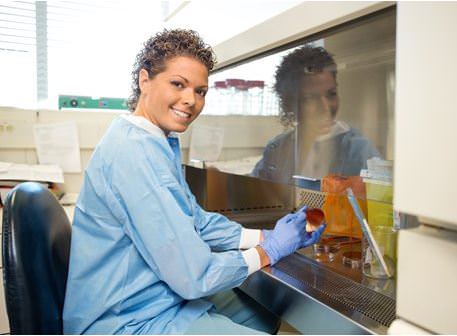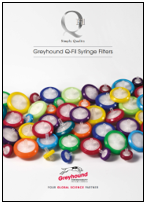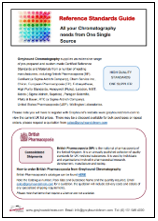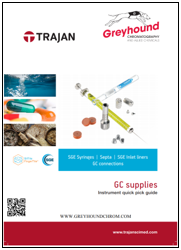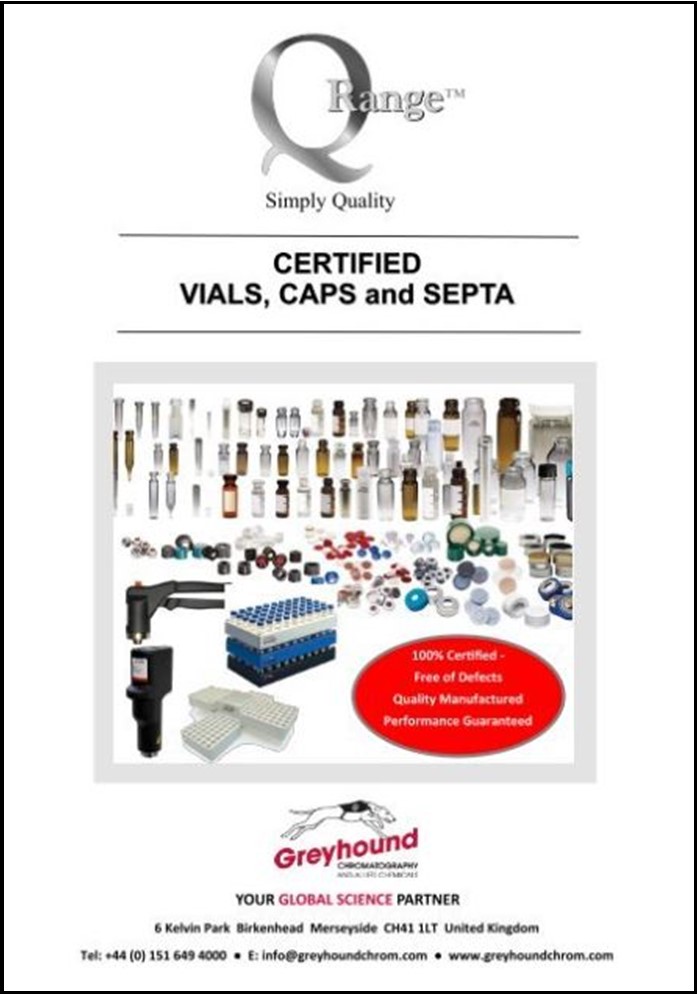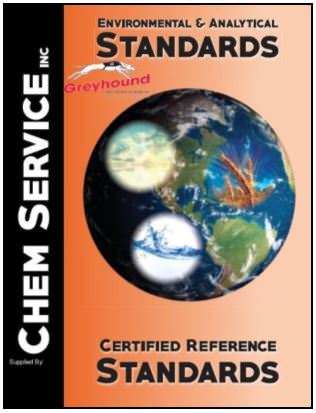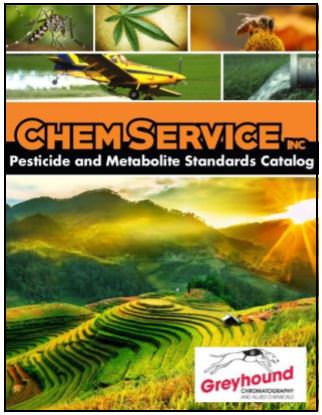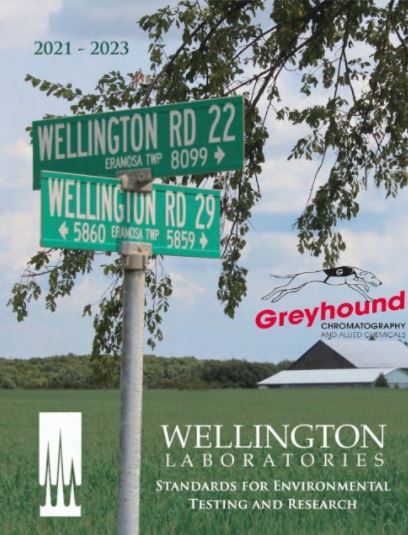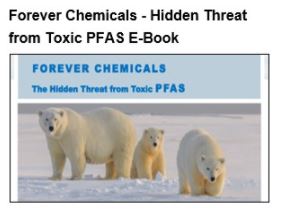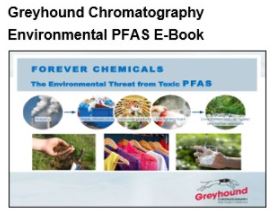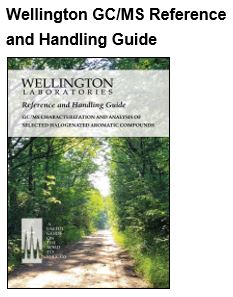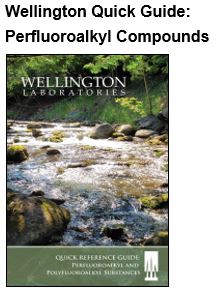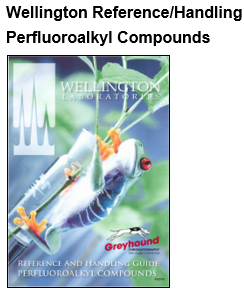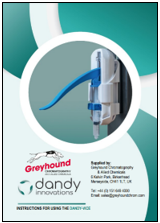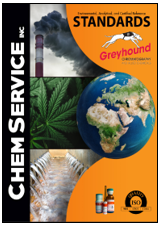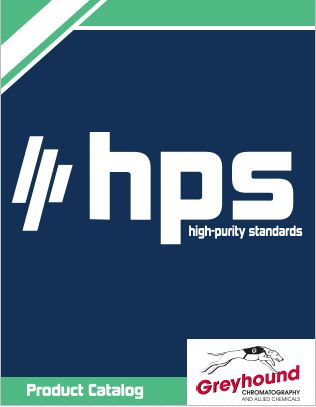Rethinking Chemical Reactions for Sustainability and Cost Savings
With increasingly restrictive governmental regulations and greater environmental concerns, many industries, scientists and farmers may start moving away from solvent-based chemical reactions to mechanical ones. Already popular in parts of Asia and Europe, researchers from the University of Cincinnati are working to improve the process among U.S. users, according to the school.
Mechanochemistry as effective as solvents
University of Cincinnati Associate Professor of Chemistry James Mack has spearheaded U.S. research into the process of mechanochemistry compared to traditional chemistry which uses solvents. Mack and his researchers discovered that although significantly louder, this method is just as effective and carries fewer consequences. Mack is set to speak at the International Symposium on Mechanochemistry in Hefei, Anhui, China on June 6 and 7.
Funded by the Chemical Structure, Dynamics and Mechanisms grant from the National Science Foundation, Mack found that mechanochemistry was effective because it allowed chemicals to get the energy they need through impact to mix at a molecular level without solvents.
This discovery is significant because of the current impact and cost associated with solvents. Some solvents are released into the atmosphere or environment while mixing chemicals. This can lead to a greater amount of pollution. Additionally, solvents often become waste that's expensive to dispose of properly.
Rather than paying significant sums to dispose of used chemicals, paying for expensive new solvents and purchasing new materials to facilitate the experiments, Mack explained that mechanochemistry allows people to reuse equipment and cut back on chemical expenses.
"By reducing the solvent used in the process, you reduce the total amount of waste that's generated in a chemical reaction under traditional chemistry methods," Mack said in a statement. "It's a new way of understanding chemistry … Our goal is to understand the ramifications of not having a solvent – how things are the same, how things are different – and if we can develop a knowledge base of chemistry using this methodology, then we might be able to replace some of the traditional processes that are currently used."
This type of potential "green chemistry" could be especially important to pharmaceutical sciences where the amount of solvents needed for reactions can far outweigh the active chemicals needed.
Yale scientists make new palladium catalyst
Researchers from Yale University have also been working on ways to improve chemical reactions. Published in the journal ACS Catalysis, the study outlined a new chemical catalyst that allows scientists to use fewer materials and spend less money.
Yale scientists created a new palladium catalyst. Palladium, a rare metal that's often used in catalytic converters, has also emerged as a successful catalyst for a number of chemical compounds such as plastics, agrochemicals and pharmaceuticals. However, because this metal is rare, palladium is expensive. Prior to Yale's discovery, palladium catalysts also were prone to deactivation.
This new catalyst uses less palladium, making it more sustainable and less costly. Additionally, it provides a greater infrastructure for chemical reactions and is less likely to lead to deactivation.
"We have developed an improved system that is less prone to deactivation," study co-author Nilay Hazari, an associate professor of chemistry at Yale, explained in a statement. "It should make the preparation of many industrially relevant compounds more economical and sustainable and may lead to new methods to prepare important compounds."
Save money on chemical disposal
With recent rule changes from the Environmental Protection Agency it's become increasingly expensive to properly dispose of the chemicals used for reactions. To cut costs many businesses and labs are deciding to reassess the way they're using their chemicals.
Many people have resorted to using their solvents in a specific way to allow them to be more easily recycled. Clean Harbor explained that there are a few chemical solvents that are recycled the most often. Aliphatic hydrocarbon solvents, aromatic hydrocarbon solvents, alcohols, chlorinated solvents, ester solvents, Ketones, n-Methyl-2-Pyrrolidine and Tetrahydrofuran are among the most popularly recycled solvents according to Clean Harbor.
Additionally, many labs have begun using Web services to connect with one another to share reagents and other chemicals critical to their work. Consider talking to your team about reevaluating the way you dispose of your chemicals in favor of a more efficient and cost-effective method.
For over 30 years Greyhound Chromatography has been supplying high quality Chromatography consumables to laboratories around the world. Greyhound’s extensive range covers all areas of Environmental, Petrochemical, Food, Forensics, Chemical and Pharmaceutical analysis. Backed by a highly experienced technical services team, Greyhound is the preferred source amongst today’s analysts.
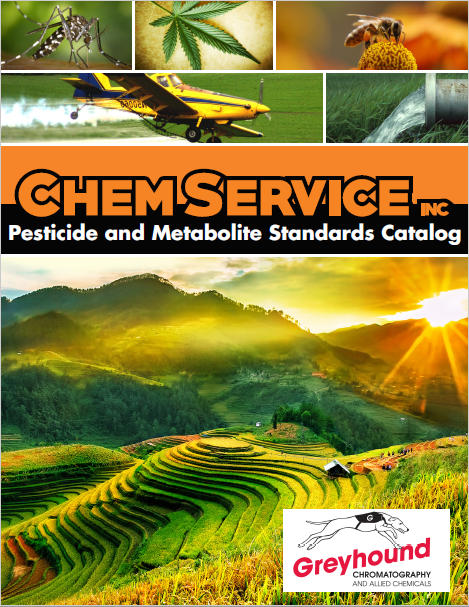
.jpg)
Greyhound Chromatography is pleased to supply Chem Service Certified Reference Standards to Research and Analysis laboratories worldwide.
The benefits of using Chem Service Certified Reference Standards:
High Quality: High purity chemicals for use as certified reference materials
Cost Effective: Products packaged in small quantities to minimize expenses
Wide Selection: 1,200 pesticide and metabolite reference standards (including banned and discontinued items)
Certification backed with experience: 50 years of experience. ISO 9001:2008 : ISO/IEC 17025:2005 certification :
ISO Guide 34:2009 For Organic Reference Material
CONTACT US
Tel: +44 (0) 151 649 4000
Email: marketing@greyhoundchrom.com
FOLLOW US
YOU MAY ALSO BE INTERESTED IN OUR NEWSLETTER
About the Author
Susan Massie, Sales & Marketing Director, Greyhound Chromatography and Allied Chemicals Email: sue@greyhoundchrom.com
Susan Massie is the Sales & Marketing Director for Greyhound Chromatography and Allied Chemicals, affectionately known as 'Greyhound' in our scientific community. Greyhound was founded by Susan's husband Paul Massie more than 40 years ago, Susan hasn't been in the business for all of that time but has been involved with Greyhound for over 17 years. Greyhound continues to grow, expanding into new markets and taking on the challenges of our ever changing environment. It's heartwarming to witness the world waking up to the fact that we are damaging our planet on a daily basis. Every action we take has a direct effect on our planet and the world we leave behind for future generations. Susan is passionate about climate change and is happy to work in an industry that can have a direct effect on reducing the impact of our actions on the environment. All of the team at Greyhound take our responsibilities very seriously, the products that we supply are used by the world's leading scientists and chemists as they endeavour to monitor and repair the environment. All is not lost, if we all take responsibility for our actions, from reducing our waste and reusing or recycling our material collateral we can make a difference. The internet is full of useful advice and guidance, Susan is proud to contribute to that wealth of knowledge whenever she can.
Greyhound prides itself on personal service which provides prompt, efficient, cost-effective, safe delivery of all products. Greyhound provides technical advice and distribution of Certified Reference Standards and Materials, Laboratory Consumables, Solvents and Reagents across all scientific disciplines. Greyhound Chromatography offers over 1 Million products from its UK warehouse. The team at Greyhound are proud to support the work of the world's leading scientists and chemists as they challenge the abuse of our planet and try to make a difference to the world we leave behind for our ancestors.
You can view Susan's Linked In Profile here https://www.linkedin.com/in/susan-massie-79ab4121/

